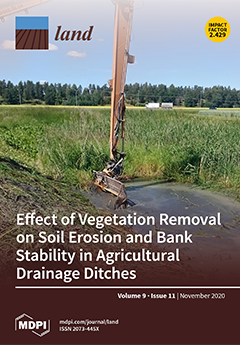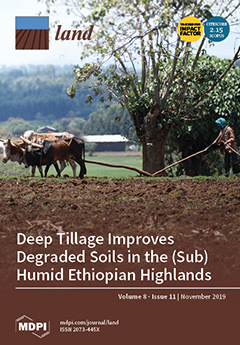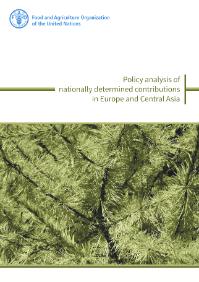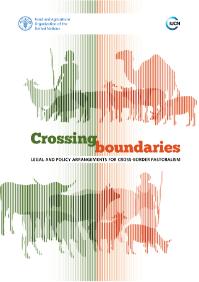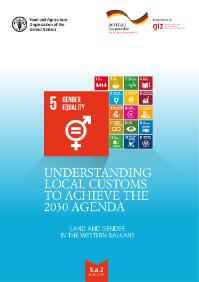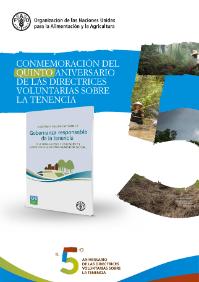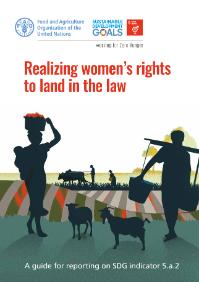Food security is becoming an increasingly important issue worldwide, and in this respect, urban agriculture has a substantial role. Nonetheless, pressure for agricultural land conversion and fragmentation is highest in peri-urban areas. In order to respond to these challenges, urban farmers use…
This paper aims to establish a methodology for urban land use planning and management that provides an insight into the hierarchy of priorities between a large number of activities for planning actions, thus contributing to the concept of energy-efficient housing. This methodology includes three…
Diffuse water pollution from agriculture (DWPA) is one of the major factors causing water pollution in Lakes Palić and Ludaš, the two largest shallow lakes of the Pannonian Basin in Serbia. These two lakes are protected under national and international law. On the basis of the number of strictly…
This paper considers the landscape as both a material and an ideological representation and starts from the assumption that spatial patterns arise as a result of the ideological imperative of the process that forms the landscape. The research takes on a historical-interpretative approach in the…
Turbulent periods of transition from socialism to neoliberal capitalism, which have affected the relationships between holders of power and governing structures in Serbia, have left a lasting impact on the urban spaces of Belgrade’s cityscape. The typical assumption is that the transformation of…
In recent decades, Serbia has been undergoing a period of post-socialist transition that has significantly altered the value system underlying spatial development due to alteration of ownership frameworks and land use rights. In consequence, issues have arisen of how to strike a balance between…
This ‘Policy Analysis of Nationally Determined Contributions in Europe and Central Asia’ follows up on the previous effort to report on implementation of Nationally Determined Contributions in the region. Specifically, this publication compiles and analyzes the most relevant and updated…
The conference is aimed at dissemination of scientific research results, sharing of experience, improvement of foreign language and cross - cultural communication skills, and establishing of international contacts. The conference papers covers wide range researches of students from…
In many countries, pastoralism has historically been practiced in areas that are now partitioned by international boundaries. This is a major barrier to sustainable resource management and to pastoral development. However, there are examples from around the world of efforts to facilitate…
FAO and the Deutsche Gesellschaft für Internationale Zusammenarbeit (GIZ) GmbH have been providing support to the Western Balkans region to promote progress on Gender Equality, with a focus on measuring the proportion of countries where the legal framework guarantees women’s equal rights to land…
El 11 de mayo de 2017 se celebró el quinto aniversario de la aprobación de las Directrices voluntarias sobre la gobernanza responsable de la tenencia de la tierra, la pesca y los bosques en el contexto de la seguridad alimentaria nacional (en adelante, Directrices voluntarias) por el Comité de…
Goal 5 of the Sustainable Development Goals (SDGs) “Achieve gender equality and empower all women and girls” recognizes the fundamental role of women in achieving poverty reduction, food security and nutrition. Target 5.a aims to “Undertake reforms to give women equal rights to economic…




